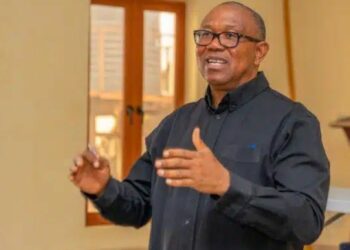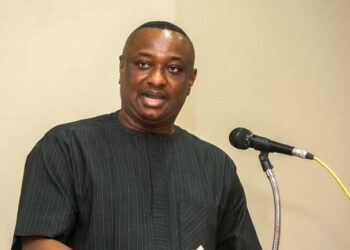US Election: Facebook, Google Step Up Protection Efforts
Facebook on Thursday launched its voting information center as internet platforms unveiled fresh moves to protect the November US election from manipulation and interference.
The hub was described as central to defending against deception and confusion in what promises to be an election roiled by the pandemic and efforts to dupe voters.
The move comes amid a coordinated effort by Facebook, Google and other online platforms to curb the spread of disinformation and thwart efforts to manipulate voters.
Google separately announced new features for its search engine to provide detailed information about how to register and vote, directing users to local election administrators.
Google-owned YouTube will take down content aimed at manipulation, including “videos that contain hacked information about a political candidate shared with the intent to interfere in an election,” according to a statement.
YouTube will also remove videos promoting efforts to interfere with the voting process such as telling viewers to create long voting lines.
The announcements come a day after an industry group, members of which include Google, Microsoft, Reddit, Pinterest and Twitter, met with federal agencies including the FBI’s foreign influence task force to step up coordination on election interference.
A joint industry statement said the tech platforms, including the Wikimedia Foundation which operates Wikipedia, would be on the lookout for disinformation.
“We know that disinformation and misinformation are at their most virulent in an information vacuum,” Facebook head of security policy Nathaniel Gleicher said on a briefing call with reporters.
“Getting accurate information to voters is one of the best vaccines against disinformation campaigns.”
Facebook has set a goal of helping 4 million people registered to vote in the US.
The hub, which Facebook announced earlier this year, will be prominently positioned at Facebook and Instagram and “will serve as a one-stop-shop to give people in the US the tools and information they need to make their voices heard at the ballot box,” the social media giant said.
– ‘Hack-and-Leak’ –
Expected attacks include “hack-and-leak” tactics along the lines of what was used against Democratic presidential candidate Hillary Clinton in 2016, Facebook said.
The tactic typically involves state-sponsored actors giving hacked information to traditional media, then exploiting social media platforms to spread the stories, according to Gleicher.
“We know it is an effective technique,” Gleicher said.
Facebook said the voter hub will evolve with the election season, from focusing on registration and poll-worker volunteering matters to how to vote in the pandemic and then tallying of ballots.
“We know we can help millions of people access accurate, reliable information about the election,” vice president of social impact Naomi Gleit said on the briefing call.
“We firmly believe that voting is voice; the best way to hold our leaders accountable.”
Facebook and Instagram users can use the tool to check if they are registered to vote and how to do so if they are not.
“Voting alerts” on the social network which include updates on the election process will be restricted to “pages from a government authority,” Facebook said.
– Tally turbulence –
Facebook is expecting malicious actors to try to exploit uncertainly about the election process or promote violence while votes are being counted, which is expected to take longer than usual due to the pandemic prompting more people to vote by mail.
The social network has created “red teams” and conducted internal exercises to prepare, according to Gleicher.
US President Donal Trump has made unsubstantiated claims about the reliability of voting by mail, which he has done himself.
Facebook’s latest moves come amid concerns over campaigns by governments aimed at influencing elections and public sentiment in other countries through media outlets that disguise their true origins.
State-led influence campaigns were prominent on social media during the 2016 US election and have been seen around the world.
AFP























